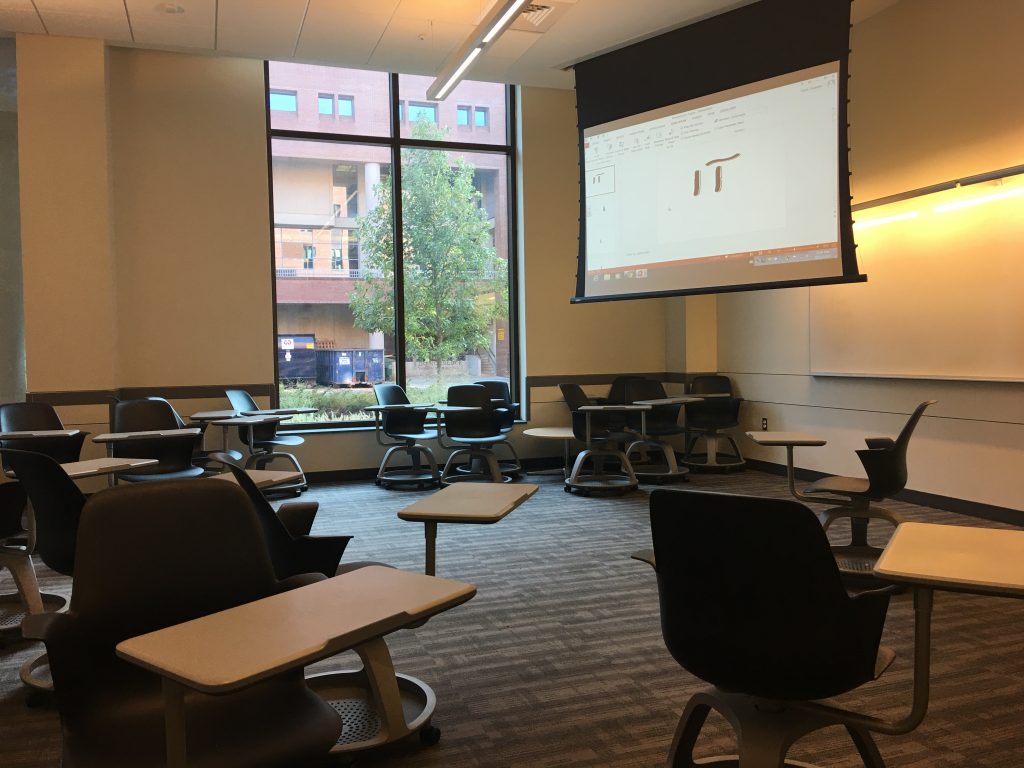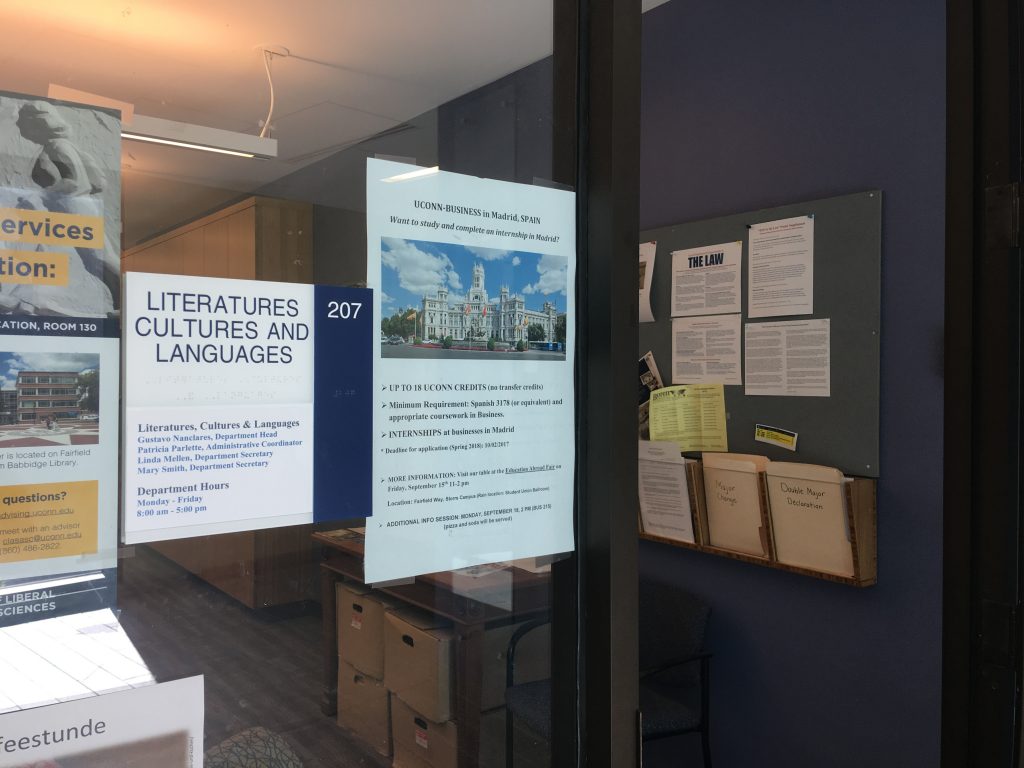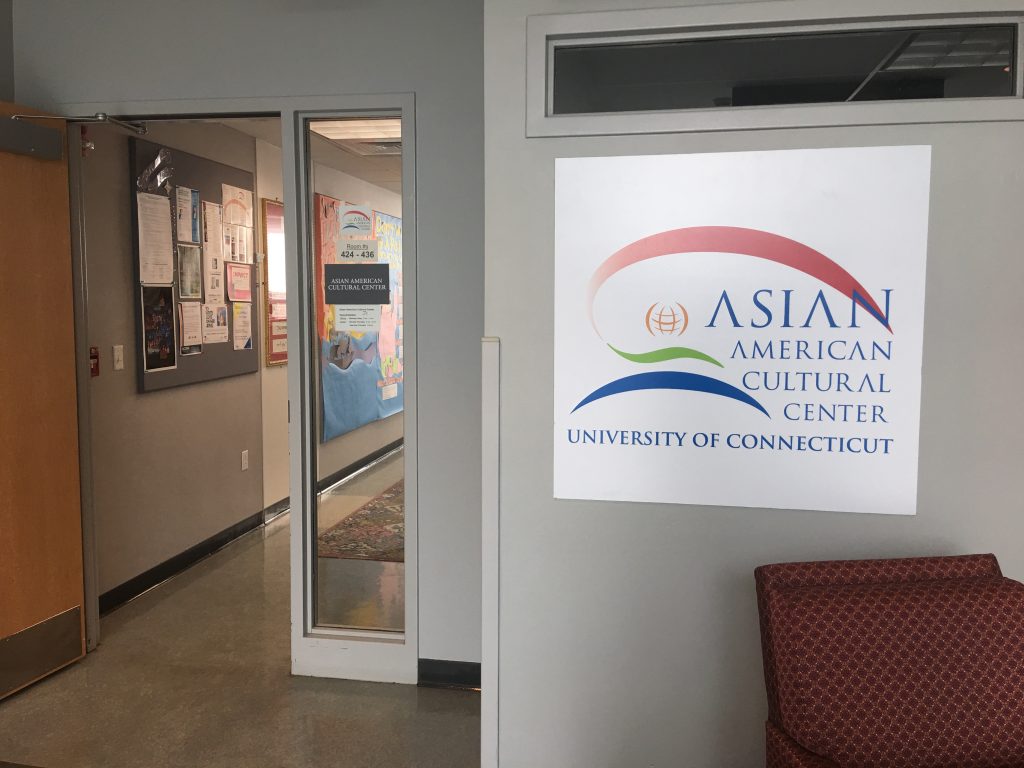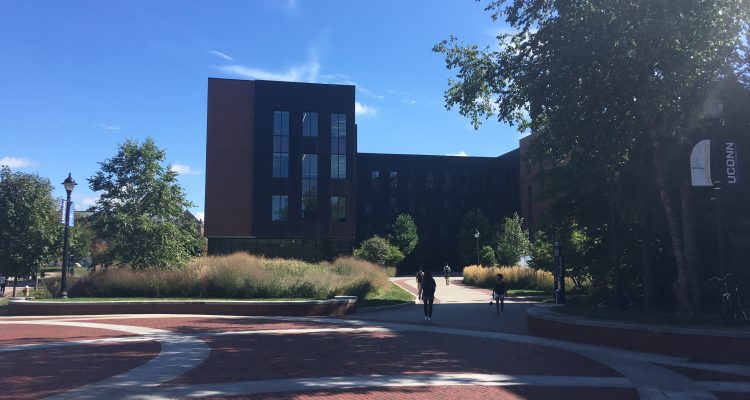By Daniela Doncel
STORRS – The University of Connecticut in Storrs is offering a Farsi language beginner course this fall semester for the first time in its history.
Farsi is the official language of Iran, and according to Sarina Shafiyan-Rad, the President of the Iranian Student Association, it is one of the most coveted languages in the world.
“I know that translators are always needed in the government and things like that, and I’m really glad that it’s something that I know…and my mom who is a pharmacist and a health care provider and speaks the language fluently, and everyone that I knew that was in my family or family friend went to the airport to become translators [when the travel ban executive order went into effect] because, as I said, there’s not that many people who speak this language and that was something we needed to help individuals who were unfortunately affected by [the travel ban],” Shafiyan-Rad says.
According to Shafiyan-Rad, Farsi is not common among second generation Iranian Americans. Their ability to speak the language depended on the parents’ desire to teach it.
“Here, it’s very 50/50 if you’re a second generation and you were born here in the United States. It all depends on if your parents what to teach you or not. [My parents] didn’t speak English to me. They wanted me to learn right off the bat. They could speak English but they purposely wanted me to know how to speak this language, because I think my parents knew from the get-go how important this language was,” Shafiyan-Rad says.
The elementary-level three-credit course is currently a sequence, with a continuation of the course offered in the spring. The course has a current enrollment total of 14 students.
“I was very surprised by how many people signed up because for a first time class, and it was only supposed to have a capacity of 20, that’s amazing to have accomplished that many people to sign up. I just think it’s a big show in itself that this is necessary and needed and appreciated,” Shafiyan-Rad says.

The classroom in Oak Hall where the class meets on Mondays and Wednesdays every week.
Photo: Daniela Doncel
The class came about when Nicole Haghpanah approached the Head of the Department of Literatures, Cultures, and Languages, Professor Gustavo Nanclares about the possibility of offering a Farsi language course.
Haghpanah is a UConn graduate of class 2017. She majored in Environmental Sciences and French.
“I was very excited to go to UConn because I wanted to learn how to speak better Farsi and I wanted to learn how to read and to write. So when I got there, they told me, ‘We don’t offer Farsi or a Persian language at UConn.’ So, maybe there’s a way that we can actually get them to offer this course. I started by speaking to Dr. Gusatvo Nanclares and I said, ‘Hey, there are a lot of kids that have interest in learning Persian or Farsi, is there any way we can get this to be offered?” Haghpanah says.
Nanclares says this course was difficult to create due to budget restrictions and a question of enrollment.
Haghpanah says she created a survey, gathered signatures of interested students and started a “Go Fund Me” page to raise money for the course. Despite it all, she was told by Nanclares it was not possible.
“A year after that, actually, the Dean’s office contacted me asking me whether we would have an interest in offering Farsi. I remembered these conversations I had had with this student so I contacted her. With her help to gather students and with the actual possibility of having an instructor to teach Farsi, that’s how we made it happen,” Nanclares says.

The outside of the Literatures, Cultures and Languages Office in Oak Hall.
Photo: Daniela Doncel
Haghpanah says after she had given up on the Farsi course idea, she received an email from Nanclares informing her that the course will be offered in Fall 2017.
“Oh my gosh, that is amazing! Yes! So, I helped make posters and promote it and flyers. I really wanted UConn to have this because I never had the opportunity to take the class and now I’m so happy that they’re doing it and that kids enrolled in it,” Haghpanah says.
Nanclares says this is a step forward in having an inclusive community.
“We do strongly believe in the importance of learning languages, cultures, acquiring intercultural competencies and being able to navigate and negotiate among very complex, diverse, multicultural worlds, if you will.” Nanclares says.
However, offerings of certain languages may not be possible or may not continue due to the financial budget restrictions, particularly the major budget cuts looming over UConn this year.
“We would love to be able to offer many more languages than we do. It does look like we’re going to be facing additional budget cuts. That’s never good news, and yes, I mean I can’t say that it’s not going to affect our offerings, of course it’s going to affect our offerings. Our commitment is of course to try to offer as many as we can, but then there’s reality,” Nanclares says.
According to Haghpanah, the course gives students the chance to learn about a culture other than their own.
“I think now more than ever it’s imperative that we understand more than just what we’re studying, that we’re knowing the importance and significance of things. So having more classes such as Farsi or a Persian language being offered, it allows us to view the world from a perspective other than our own, and I think that’s really really important for us,” Haghpanah says.
Shafiyan-Rad says the course is also a way of educating the UConn community about Iranian culture.
The Iranian Student Association plans to continue spreading their culture through a Mehregan event. It’s an ancient Persian holiday celebrating the last great harvest before winter.

The Iranian Student Association is associated with the Asian American Cultural Center at UConn.
Photo: Daniela Doncel
“It’s just a great way for individuals to just walk in and see what it’s about, because I think that people just don’t pay attention to the culture that comes from Iran. It’s like a little gem that everyone misses,” Shafiyan-Rad says.
Haphpanah says she hopes students will learn how to step out of their comfort zone and find incentive to talk about diverse cultures.
“I have this feeling in my mind and in my brain that it’s going to change the world and that’s going to help people and open doors, and I’m hoping that students get a lot out of it,” Haphpanah says.


